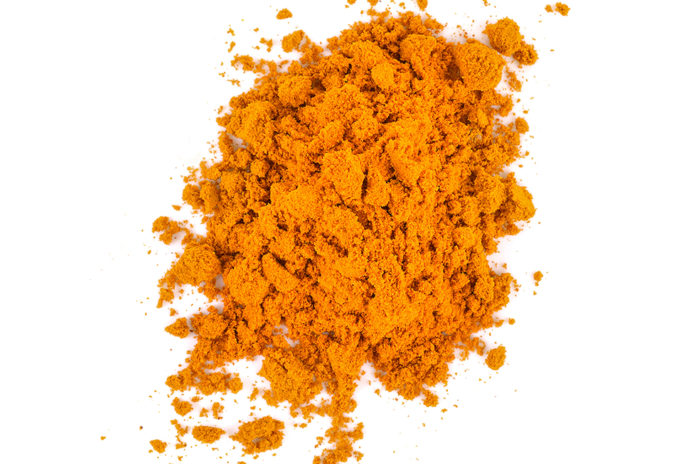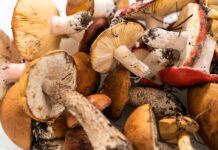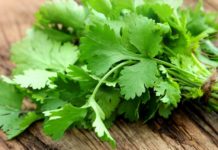
Upcoming ingredients TURMERIC
Turmeric comes from the root of the Curcuma longa plant and is a culinary spice that spans cultures. It has long been used as a powerful anti-inflammatory ingredient in Indian curries. According to the Journal of the American Chemical Society, turmeric contains a wide range of antioxidant, antiviral, antibacterial, antifungal, anticarcinogenic, antimutagenic and anti-inflammatory properties.
The use of this spice has been traced back a thousand years in India and China with some sources even suggesting that it was used about ten thousand years ago. Turmeric is an indispensable part of the ancient Ayurvedic practice. The spice has been known to promote the holistic health of the body, which explains its increased use in the Western world. Curcumin—the active ingredient in turmeric—may potentially ward off dementia, aid in relieving arthritis, prevent cancer, reduce diabetes and improve digestion.
HEALTH BENEFITS
Turmeric has a number of health benefits. Below are some of the most researched conditions that it can be used to treat and/or prevent.
❯ Alzheimer’s disease
Researchers believe that turmeric’s antioxidant and anti-inflammatory properties may be strong enough to block the formation of beta-amyloid, the substance responsible for the plaques in the brain or breakdown the amyloid plaques in the brain that contribute to Alzheimer’s disease.
❯ Arthritis
Turmeric has anti-inflammatory properties. A number of studies examining the benefits of turmeric to people with joint pain or arthritis has been done. One of them found that turmeric extract supplements have the same effect as ibuprofen in patients with knee osteoarthritis.
❯ Cancer
Much research exists that cites the benefits of turmeric related to cancer. A 2006-study showed that curcumin inhibited the growth of human colon cancer while a New Jersey study found that it can act as a powerful ingredient in treating and preventing prostate cancer when combined with broccoli and cauliflower. Some animal studies suggest that curcumin may also reduce the size of the tumour or percentage of animals who developed them.
❯ Diabetes
Turmeric can help people with diabetes, regulating their insulin levels, improving glucose control and increasing the effect of medications used to treat the disease. It also helps reduce insulin resistance, which may prevent the onset of Type-2 diabetes.
❯ Digestion
Eating raw turmeric can help treat digestive problems. Turmeric stimulates the gallbladder to produce bile, instantly making the digestive system work more efficiently. It is also known to reduce symptoms of bloating and gas.
HOW TO USE
You can incorporate more turmeric into your diet by taking tablet or capsule supplements or by simply, by adding it to your daily cooking. Whichever way you do it, making turmeric a part of your diet is one of the best choices you can make for your health. VM











